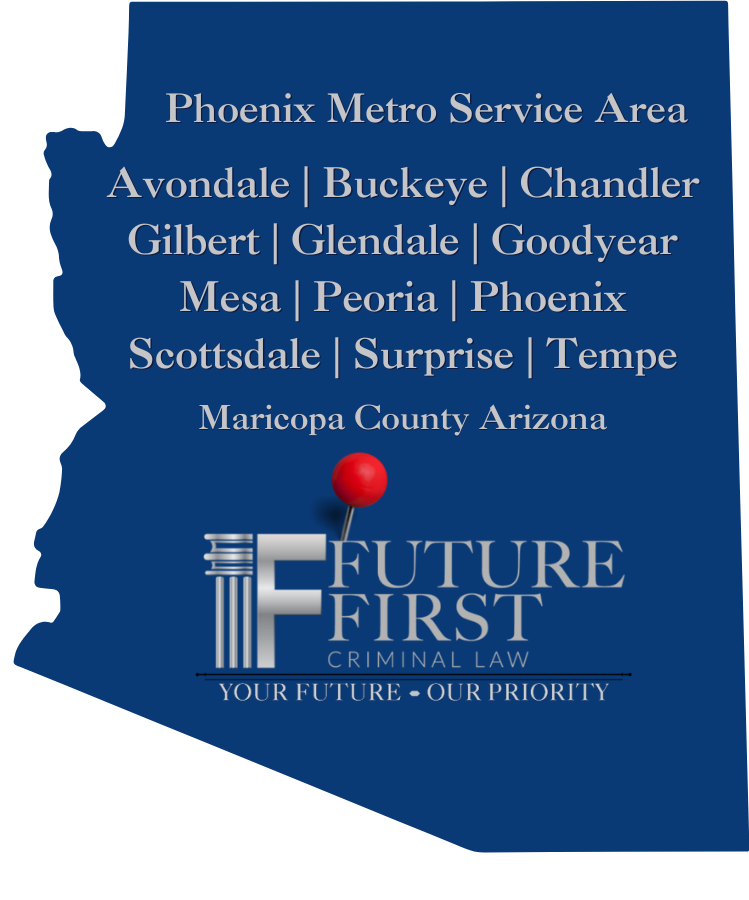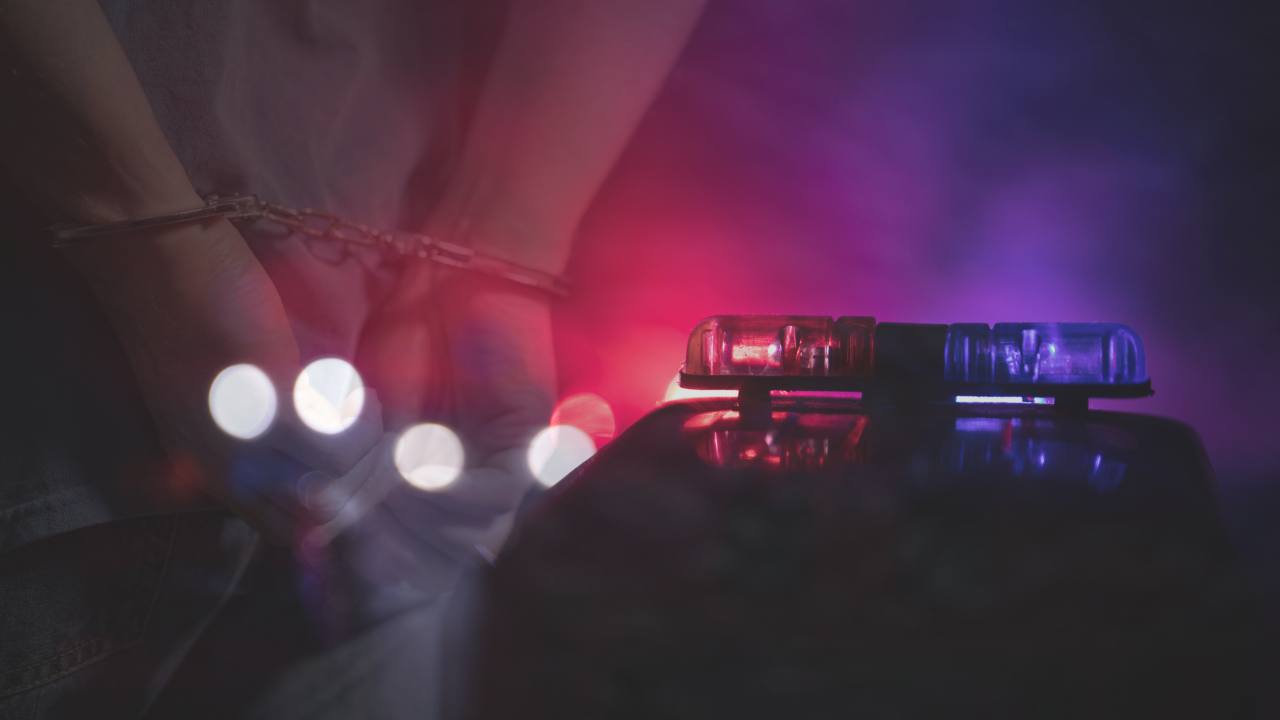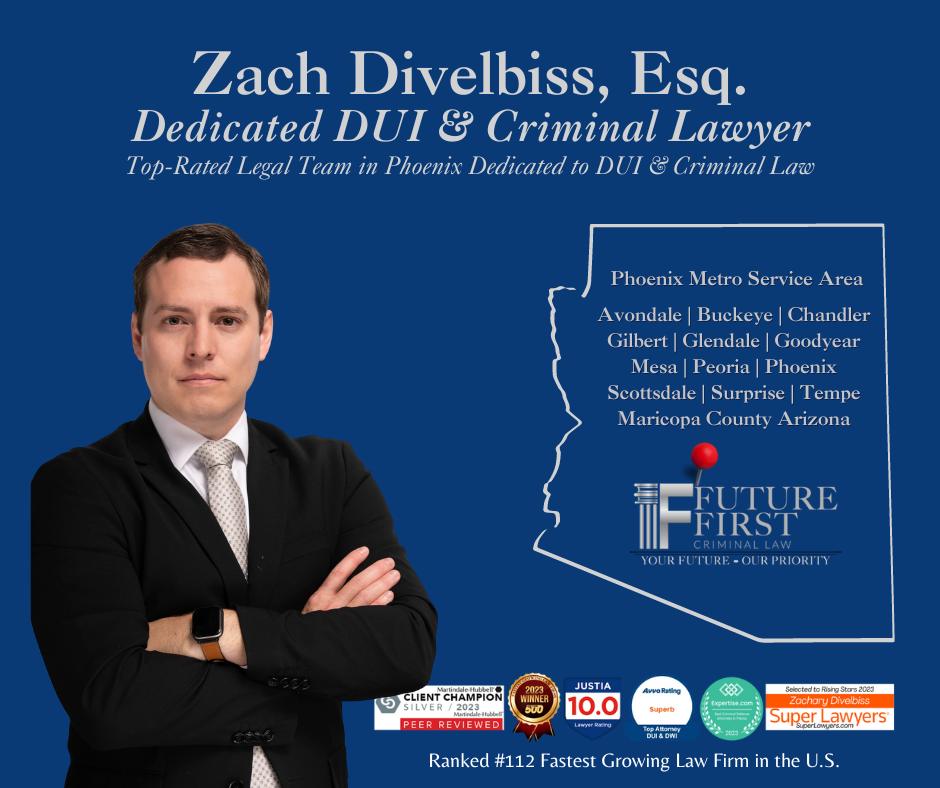When Someone You Know Gets Arrested
My loved one has been arrested. What should I do? When your loved one calls to tell you he/she has been arrested, following these guidelines can make a big difference in the ultimate resolution of the case:
Stay Composed: Remain calm. It’s crucial to maintain your composure. Avoid pressing for explanations or assigning blame, especially during phone calls that might be recorded. Such recordings can be subpoenaed and used in court.
- Locate Your Loved One: Find out exactly where they are being held, whether in a jail or a police station.
- Advise Silence: Encourage your loved one to refrain from discussing the details of their case with anyone to avoid any statements that could be used against them.
- Check Bail Conditions: Ascertain if bail has been set and the specifics of where and when it can be posted.
- Secure Legal Representation: Contact a criminal defense lawyer promptly. Arrange for the lawyer to meet with your loved one as soon as possible to begin formulating a defense strategy.
At Future First Criminal Law, our legal team possesses the experience needed to guide you through the complexities of the criminal justice system after an arrest. Take action today by reaching out to us to initiate an lawyer-client relationship. Our team is ready to discuss your case and provide the support you need.
What Happens Next…
When you are arrested, you will first be taken to the police station for booking. This process involves taking your photograph, fingerprinting you, and asking a series of questions to record details about your arrest. For minor offenses, the arresting officer might set a minimal bail, allowing for your release.
Following booking, you will be brought before a judge or judicial officer for your initial court appearance. Here, the judge will:
- Verify there is probable cause for your arrest.
- Inform you of the charges against you and provide a written copy.
- Ensure you are aware of your legal rights, including your right to remain silent and to legal representation.
- Determine your bail and set a preliminary hearing date.
- Depending on the outcome of this hearing, you could either be released on bail or held for further proceedings. At your next court appearance—either a preliminary hearing or an arraignment—you will formally receive your charges and enter a plea of “guilty” or “not guilty.” Your case will then either move towards trial or potentially conclude earlier if a plea bargain is reached.



